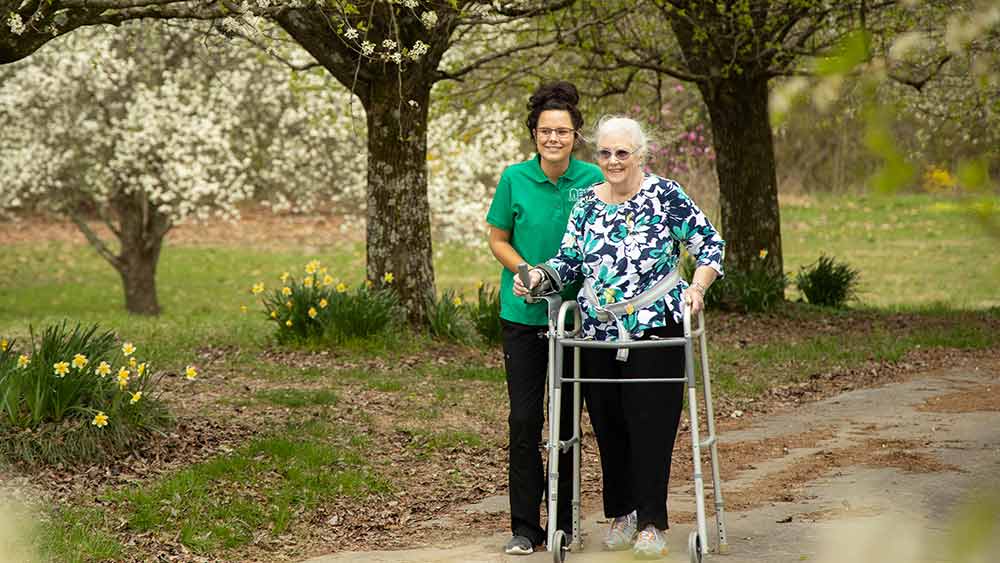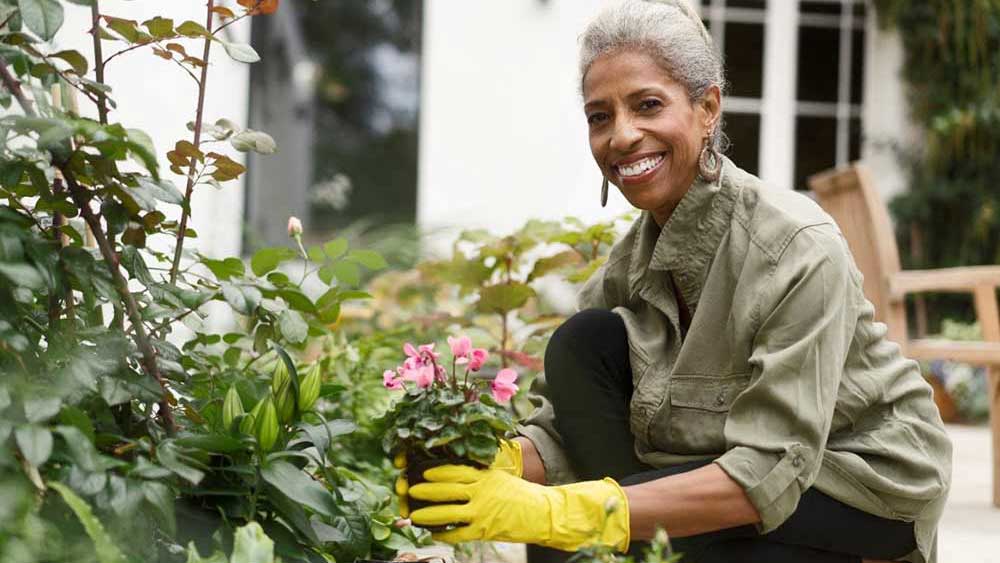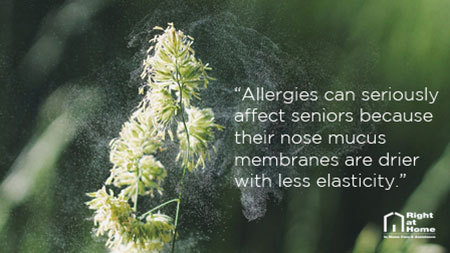

Tips for Older Adults to Stay Healthy and Active This Spring
Spring is here! The change of season often brings moments of reflection, and in this case, warmer weather and renewal. It’s the perfect time of year to start anew and refocus your wellness priorities, whether that means eating better, exercising more, or both.
Here’s how older adults can stay healthy and active this spring:
It’s always important to eat well—with lots of nutrient-rich foods including lean proteins, fruits and vegetables, whole grains, and low-fat dairy, taking into account your health needs and goals. This spring, add seasonal foods into your diet as well. When foods are growing in their peak season, they’re fresh, taste best and are the most nutritionally dense.
Apples, avocados, bananas, kale, spinach, mushrooms, and other fruits and vegetables are all perfect foods to add to your meals in the coming weeks of spring. These foods are packed with nutrients, which are vital for our health as we age. For instance, apples are great for heart health and lung strength. Apples also can help lower the chance of Type 2 diabetes and ease age-related memory loss and Alzheimer’s symptoms. Kale is one of the most nutrient-dense foods around! Among its many benefits, it can help lower cholesterol and the risk of heart disease.
There are benefits to eating all of these foods year-round, but especially when it comes to your health as an older adult, get the most out of them this season!
In addition to eating well year-round, it’s important to exercise and spend time outdoors all year long. Springtime might come along with rainy weather, but it also comes with plenty of sunshine.
On inclement days, opt for indoor movement. Doing a walking workout inside your home provides beneficial exercise, and there are many great seated exercises, too. Low-intensity exercises are best for older adults to avoid injuries. If you’re a beginner, remember to start slowly and build up your fitness level over time.
When the weather is nicer, opt for outdoor movement. Or simply enjoy the sunshine, which our body absorbs and makes into vitamin D—it’s good for our health, especially our bones. But, always remember to wear sunscreen that blocks both UVA and UVB rays, to reduce the risk of sunburn and skin cancer.
Spring brings many wonderful things, like blooming flowers and trees, but if you have seasonal allergies, it can be harder to appreciate the budding vegetation. That doesn’t mean you can’t enjoy the season though. If you are sensitive to pollen, grass, mold or other allergens, you can still have an excellent spring by following a few precautions.
Plan to be outdoors when allergens are lower. For instance, pollen counts are usually highest in the early morning. The optimal time to go out is after it rains, which washes pollen away. Make sure you have your allergy medication on hand to lessen your symptoms, and once you get home, take a bath or shower and wash the clothing you had on to eliminate the allergens in your home.
Lastly, with spring comes more hours of daylight, in part due to daylight saving time. This change when we “spring ahead” an hour can affect our sleep. It is best, however, to stick with a routine of waking up and going to bed at consistent times. For older adults, seven to nine hours of rest per night is ideal. Ensure that you have a good night of rest by not napping too late in the afternoon, keeping your bedroom a comfortable temperature, and avoiding large meals before you go to bed. That way, you’ll wake up most refreshed and ready for another beautiful spring day!







